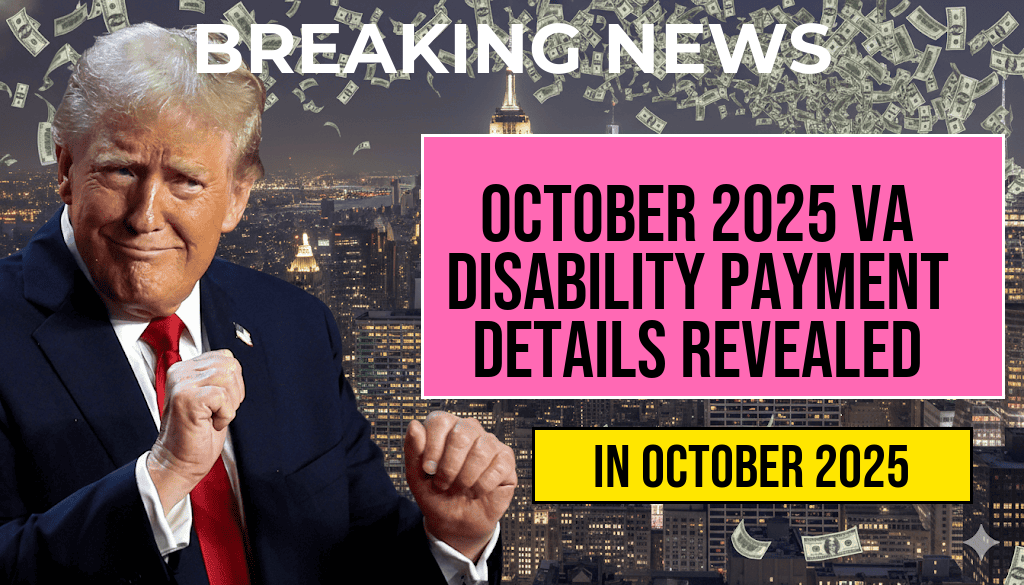The wealthiest Americans are poised to see a significant boost in their net income due to recently announced tax changes. Under the new provisions, high-income earners could gain approximately $5,000, a development that has sparked both optimism and criticism among economists and policymakers. These changes, which affect various tax brackets and deductions, are designed to stimulate economic growth, but they have raised questions about the potential impact on income inequality. As the country continues to navigate economic recovery post-pandemic, this shift in the tax landscape highlights ongoing debates about fiscal policy and social equity.
Details of the Tax Changes
The tax changes, effective from the start of the next fiscal year, are aimed primarily at individuals earning above $500,000 annually. The adjustments include modifications to marginal tax rates, increased deductions for certain types of income, and expanded tax credits for investments in specific sectors. These measures are anticipated to not only enhance disposable income for the wealthiest but also encourage further investment and spending.
Key Components of the Tax Adjustments
- Reduction in Marginal Tax Rates: The highest earners will see a reduction in their marginal tax rates, allowing them to retain more of their income.
- Increased Deductions: Specific deductions on investment income and capital gains have been increased, enhancing the net income of high-income individuals.
- Expanded Tax Credits: New credits for investments in renewable energy and infrastructure aim to incentivize wealthy individuals to contribute to these emerging sectors.
Economic Implications
Economists are divided on the implications of these tax changes. Proponents argue that reducing the tax burden on the wealthy can spur job creation and economic investment, potentially benefiting lower-income groups through increased employment opportunities. Critics, however, caution that such policies may exacerbate income inequality and detract from necessary public funding for social programs.
Potential Impact on Income Inequality
The growing gap between the rich and the poor remains a pressing concern in the U.S. economy. According to a recent study by the Economic Policy Institute, the top 1% of earners have accumulated more wealth in recent years than the bottom 50% combined. The new tax changes could widen this gap, as wealthier individuals benefit disproportionately from the adjustments.
Public Response and Political Reactions
The public’s reaction to the tax changes has been mixed. While some high-income earners welcome the opportunity for increased income, others express concern over the fairness of the tax system. Advocacy groups are mobilizing to push for more equitable tax reforms that would address the needs of lower-income Americans.
Political Landscape
The changes come amidst a politically charged environment where tax policies have become a focal point for upcoming elections. Lawmakers are facing pressure from constituents to either support or oppose the new measures, leading to heightened debates in Congress.
| Income Level | Current Tax Rate | New Tax Rate | Projected Net Income Increase |
|---|---|---|---|
| Above $500,000 | 37% | 35% | $5,000 |
| $250,000 – $500,000 | 35% | 33% | $2,000 |
| Below $250,000 | 24% | No Change | $0 |
Looking Ahead
As the implementation date for these tax changes approaches, many are watching closely to understand the broader economic impacts. The potential for increased disposable income among the wealthiest Americans raises significant questions about fiscal responsibility and the role of tax policy in shaping economic outcomes. Stakeholders from various sectors will continue to engage in dialogue as the nation grapples with these changes.
For more detailed information on the implications of these tax changes, visit the Investopedia for resources and further analysis.
Frequently Asked Questions
What are the new tax changes affecting the wealthiest Americans?
The new tax changes involve adjustments in tax brackets and deductions that primarily benefit the wealthiest Americans, allowing them to gain an estimated $5,000 in net income.
How will these tax changes impact the overall economy?
Critics argue that these changes may widen the income gap, while proponents believe that increased net income for the wealthy could stimulate economic growth through investment and spending.
Who qualifies as one of the wealthiest Americans under these tax changes?
The term “wealthiest Americans” typically refers to individuals or households with a high income, often in the top 1% of earners, who will see significant benefits from the new tax provisions.
When will these tax changes take effect?
The new tax changes are set to take effect at the beginning of the next fiscal year, allowing wealthy individuals to start realizing their increased net income shortly thereafter.
What are the potential long-term effects of these tax changes on wealth inequality?
Long-term effects could include an exacerbation of wealth inequality, as the additional net income for the wealthiest may not translate into benefits for lower-income groups, perpetuating existing disparities.











